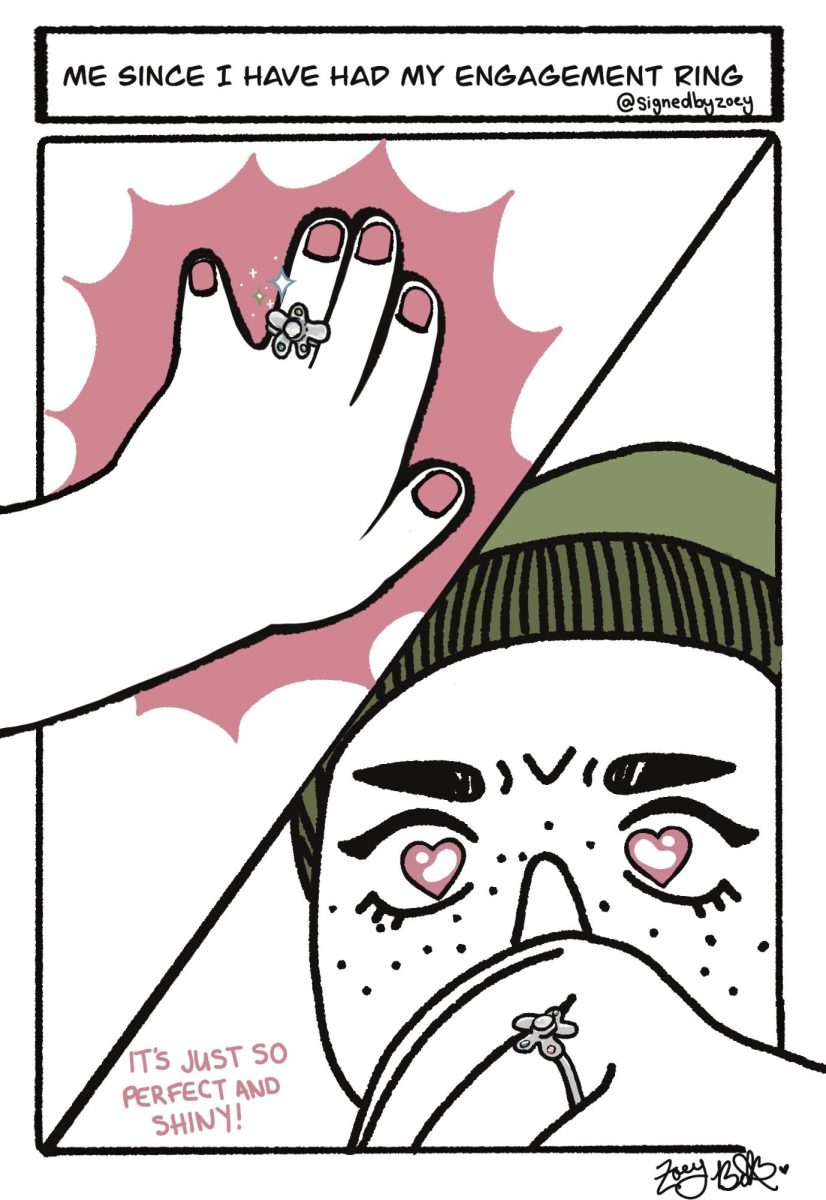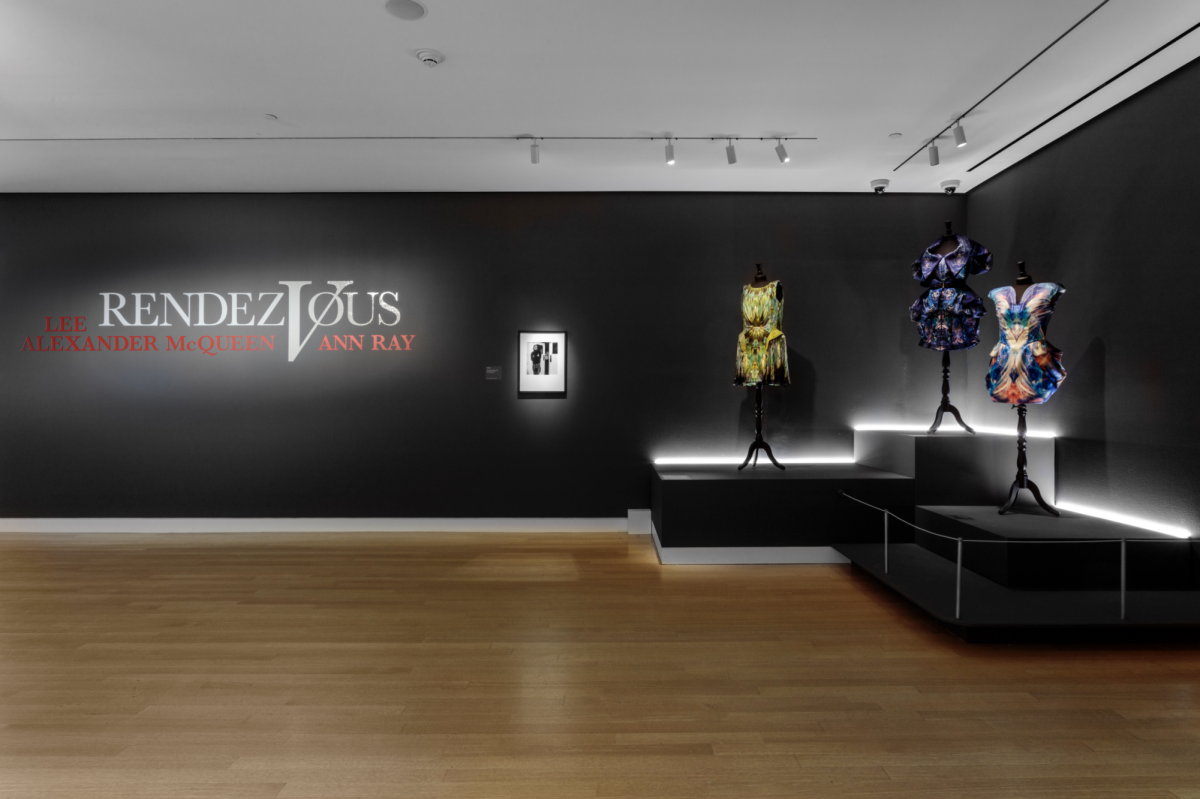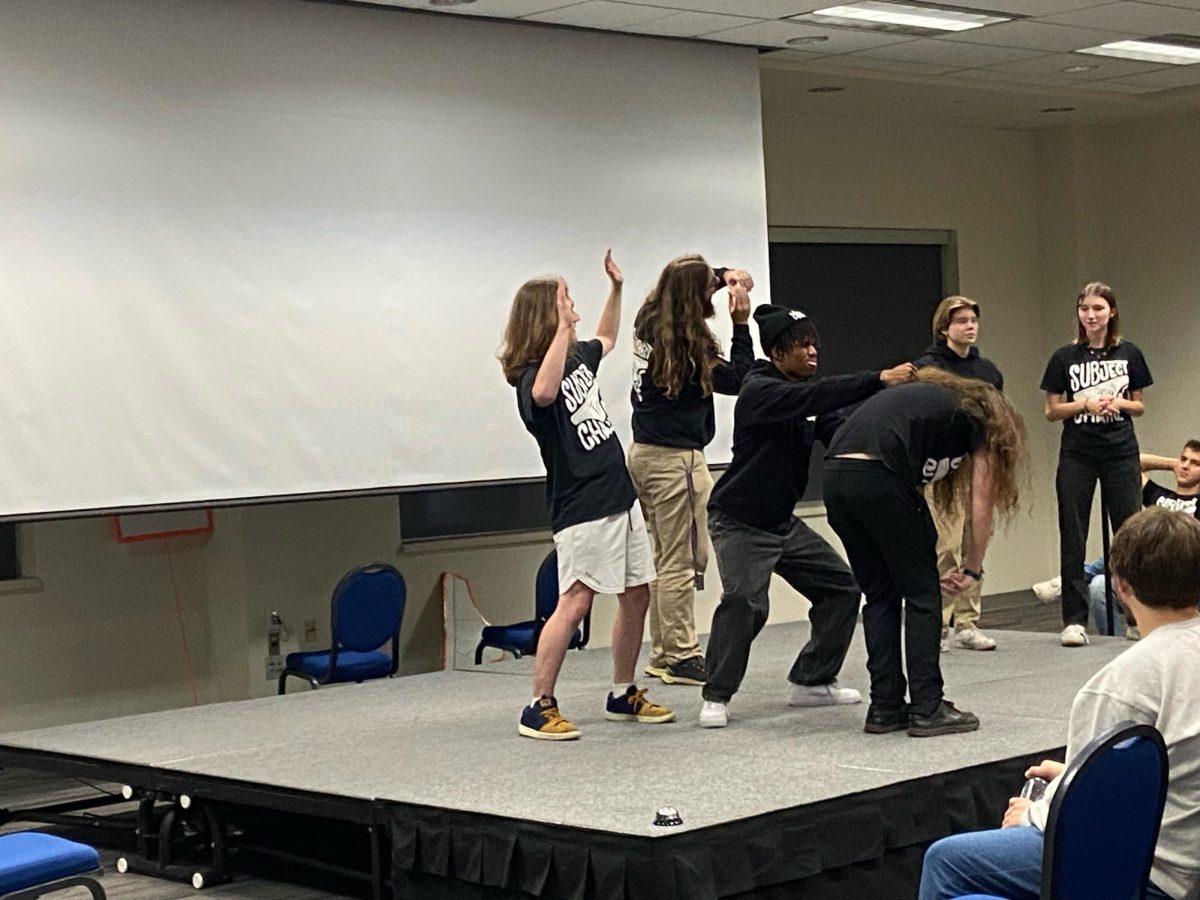Rewriting literature history

Courtesy Photo / gvsu.edu Professor Charles Pazdernik
Jan 24, 2011
In 1885, Mark Twain’s classic novel, “The Adventures of Huckleberry Finn,” was first published in the United States, and just as quickly as the novel was put on library shelves, it was taken off of many for “vulgarity” shortly thereafter.
Twain’s use of the “N-word” more than 200 times throughout the novel has pegged “Huck Finn” as one of the most challenged books of all time, banned from schools across the country for the racial slurs within the text. In 1963, the Philadelphia Public School district introduced the first “sanitized” version of the book.
Now in 2011, a small Alabama-based publishing company is following suit, planning on replacing the slur with what has been deemed a less-offensive term, “slave,” and provoking an onslaught of attention surrounding the preserved integrity of a novel considered by many to be one of the great American classics.
“Literature that stands the test of time tends to be work that challenges and provokes and speaks in a distinctive voice,” said Charles Pazdernik, chair of the Classics department at Grand Valley State University. “Part of that challenge and distinctiveness emerges out of contact with ideas and beliefs that are often strange and sometimes repugnant to us. The danger is that trying to make aspects of this particular work less strange and repugnant to us might imperil, and not enhance, its prospects for survival.”
GVSU junior and English literature major Victoria Westman is among the myriad of students who have read the book at some point in their secondary educations. She argued that the original text is essential to understanding Twain’s point.
“They are just words,” Westman said. “They are words that are necessary for the true understanding of history and tolerance. It must be understood by and explained to students that these words were commonly used terms in that particular historical context and by no means reflect the feelings or thoughts of modern society as a whole.”
However, pressures from concerned parents and educators have many in favor of a reissue. Pazdernik said for those in favor of altering “Huckleberry Finn,” the reasoning comes down to an unfortunate ultimatum: is reading an altered work better than not being able to read it at all?
Classics professor William Levitan said he frankly thinks it doesn’t matter.
“People have been putting fig leaves on ancient statues, people have been rewriting Shakespeare and publishing new versions of it and people have rewritten Ovid for religious reasons – this is stuff that happens all the time and has happened for hundreds and hundreds of years,” he said. “In this particular case, what I find interesting is that people have made a big deal of this whereas they do not make a big deal about all of the other kinds of things that happen in terms of censorship and rewriting.”
Levitan said in every library – whether it is a school library or public – whenever a new book is added, there are always objections.
“Ask a librarian what affect that has,” he added. “They take the book off the shelf for a week and put it back the week after. It doesn’t really matter all that much.”
Levitan said he sees the censorship not as a social movement – although he thinks the publishers may want it to be – but rather as a commercial tactic to get ahead in a competitive textbook market.
“You have to recognize that this is a publisher that no one’s ever heard of before,” Levitan said. “What is this about? Is this about a political statement or is this about hoping to make some money in the textbook market? It’s a commercial decision, not really a political decision. It’s a commercial decision that’s made that is really going affect nobody. It’s not going to change the book; it’s not going to change people’s reading habits, it’s not going to have any affect on anybody’s education anywhere.”
Not that he agrees with the reissue. Levitan said he does not “support that kind of censorship” – but that doesn’t mean he agrees with all of the attention it’s getting.
“I don’t think it’s a big problem that you had sexuality discussed in Shakespeare and I don’t think it’s a big problem that you had both renaissance and ancient statues that showed naked men,” Levitan said. “Fig leaves were put on at a certain point in history and then they were taken off. It’s precisely the same thing.”






















